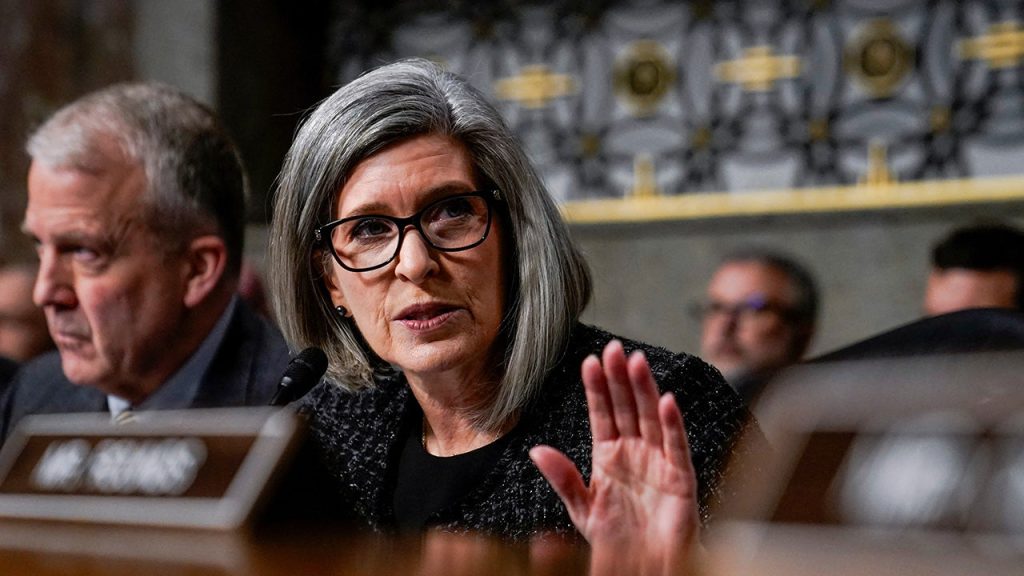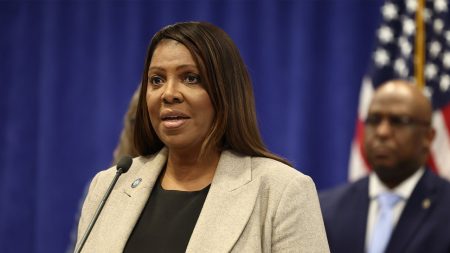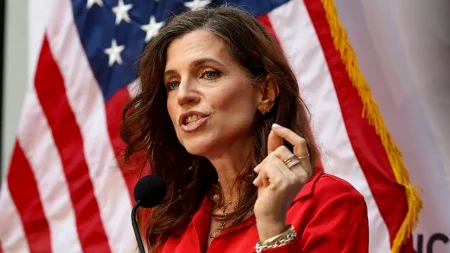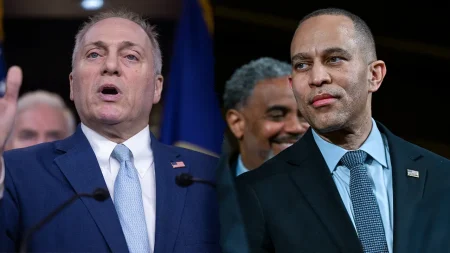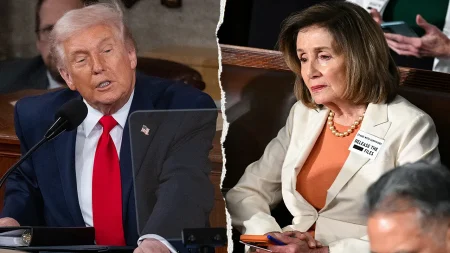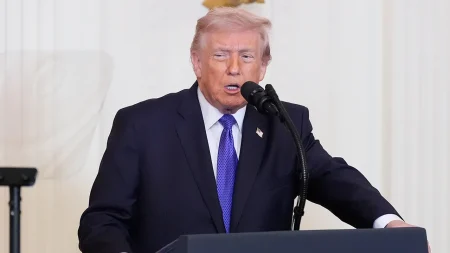Senator Joni Ernst Announces Retirement, Setting Stage for 2026 Iowa Senate Race
In a heartfelt video announcement that surprised many political observers, Republican Senator Joni Ernst of Iowa revealed Monday that she will not seek re-election in 2026. The 55-year-old senator, first elected in 2014, cited family considerations as the primary reason for her decision. “Having been raised in a family who has given me so much love and support, now as our family ages and grows, it’s my time for me to get back to them,” Ernst explained after what she described as “a tremendous amount of prayer and reflection.” As a retired Army Reserve and Iowa National Guard officer who served in the Iraq War, Ernst has been a prominent voice on defense issues in Congress, becoming the first female combat veteran to serve in the Senate. Her announcement creates a significant opening in Iowa’s political landscape, with implications for both parties heading into the 2026 midterm elections.
Ernst’s political journey began with national attention in 2013 when her memorable “make ’em squeal” campaign advertisements helped her win the Senate seat vacated by longtime Democratic Senator Tom Harkin. Throughout her tenure, she has navigated a complex political landscape, particularly during the Trump era, where she maintained support for the former president while adhering to more traditional Republican policy positions. Her military background informed much of her legislative focus, especially her commitment to combating sexual assault in the military—a cause deeply personal to her as a survivor herself. Despite occasionally finding herself in controversy, such as her recent “we are all going to die” comment regarding Medicaid cuts that drew criticism, Ernst has remained an influential figure in Senate Republican leadership and Iowa politics, making her departure a notable shift in the state’s representation.
The upcoming open seat contest in Iowa will take place in a state that has undergone significant political transformation in recent years. Once considered a quintessential presidential battleground that Barack Obama carried twice, Iowa has shifted decidedly rightward, with Donald Trump winning the state by 8 points in 2020 and 13 points in 2024. Currently, Republicans hold nearly all significant political offices in the state, including both Senate seats, all four congressional districts, and most statewide positions. Representative Ashley Hinson, a former TV news anchor now in her third term representing northeastern Iowa’s 2nd Congressional District, is reportedly planning to run for Ernst’s seat according to multiple sources who spoke to Fox News. Her candidacy would represent continuity for Republicans hoping to maintain their strong position in Iowa politics.
Despite Iowa’s rightward shift, Democrats see potential opportunity in Ernst’s retirement. The party has been energized by recent victories in two special state Senate elections this year, suggesting possible cracks in Republican dominance. Four Democrats have already announced campaigns for the Senate seat: State Representative Josh Turek, a Paralympic wheelchair basketball player; State Senator Zach Wahls; Knoxville Chamber of Commerce executive director Nathan Sage; and Des Moines School Board Chair Jackie Norris. While Iowa remains a challenging landscape for Democrats, an open seat without the advantage of incumbency could potentially create a more competitive environment, especially if national political winds shift over the next two years. The Democratic candidates will likely emphasize local issues and attempt to capitalize on any voter fatigue with Republican governance.
The broader implications of Ernst’s retirement extend to the national battle for Senate control in 2026. Republicans currently hold a 53-47 majority after flipping four seats in 2024, and they aim to expand this advantage despite the historical tendency for the party in power to face headwinds during midterm elections. The GOP is targeting several Democratic-held seats, including those of Senator Jon Ossoff in Georgia, which Trump narrowly won in 2024; an open seat in Michigan where Democratic Senator Gary Peters is retiring; New Hampshire, where longtime Democratic Senator Jeanne Shaheen is stepping down; and Minnesota, where Democratic Senator Tina Smith isn’t seeking re-election. Republican strategists view these races as opportunities to further strengthen their Senate majority, though Ernst’s retirement creates another open seat they’ll need to defend.
Democrats, meanwhile, have their own offensive opportunities in 2026 despite being in the minority. The party will target Republican Senator Jon Husted in Ohio, who was appointed to replace now-Vice President JD Vance and will face former Democratic Senator Sherrod Brown. They’re also eyeing moderate Republican Senator Susan Collins in blue-leaning Maine, who has yet to announce her expected re-election bid. North Carolina presents another battleground where Republicans will defend an open seat following Senator Thom Tillis’s decision not to seek re-election. As both parties prepare their candidate recruitment and messaging strategies, Ernst’s retirement adds another dimension to what promises to be a consequential election cycle that will shape the political landscape heading into the 2028 presidential election. With control of the Senate potentially hanging in the balance, Iowa’s newly open contest will likely attract significant national attention and resources from both major parties.





